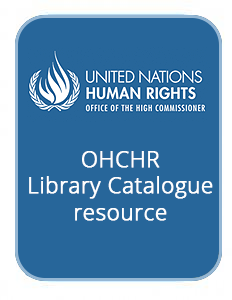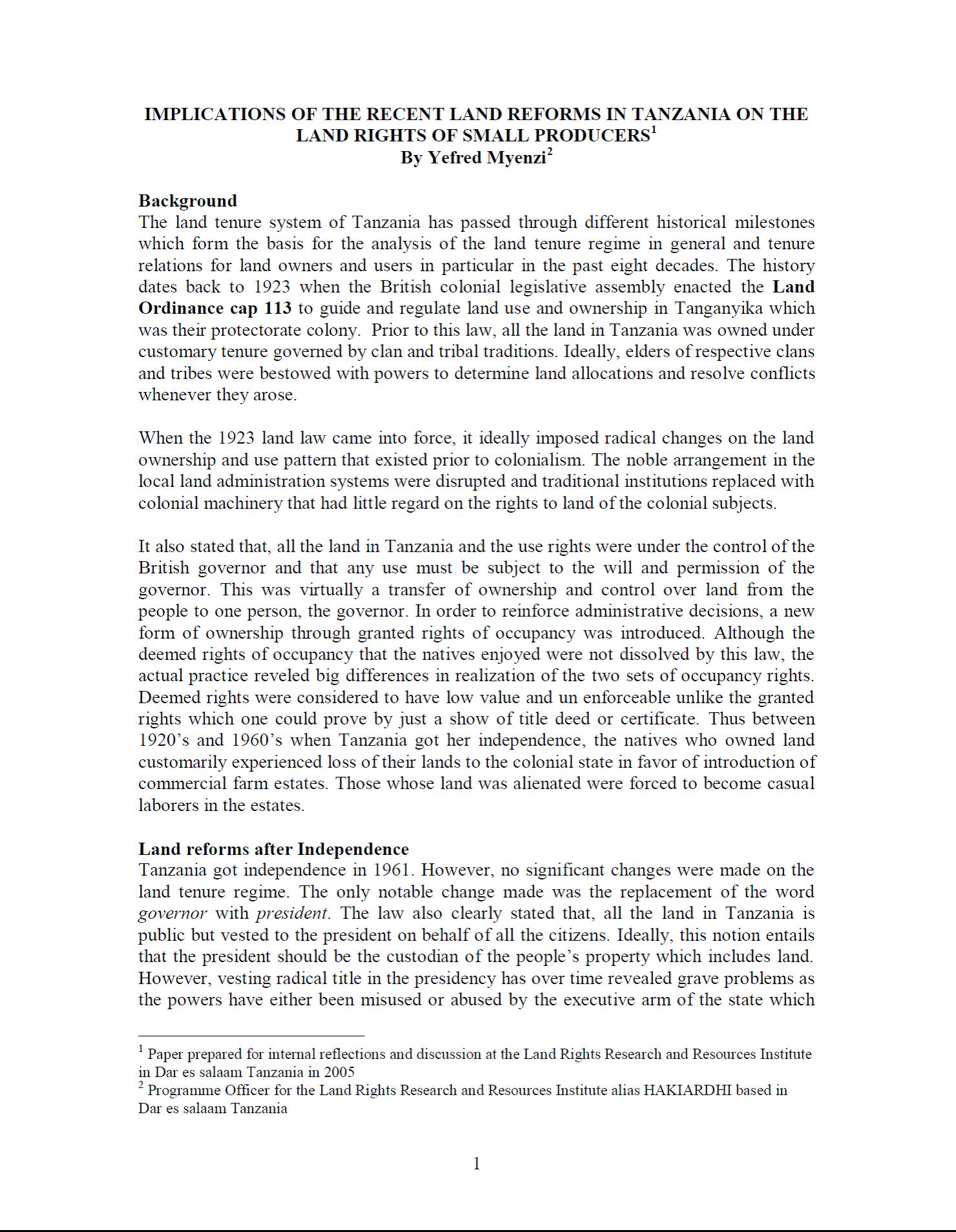Securitizing border-crossing: The case of marginalized stateless minorities in the Thai-Burma Borderlands
Abstract: This paper examines the securitization process of unauthorised migration in Thailand, in particular how the cross-border flows of marginalised minorities, the so-called 'hill tribes' came to be seen as an 'existential threat' to Thai national identity by the state. The paper aims to present a case of societal security by highlighting the importance of national identity. It intends to explore the reasons for portraying cross-border mobility of border minorities as existential threats to the integrity of the Thai state.







